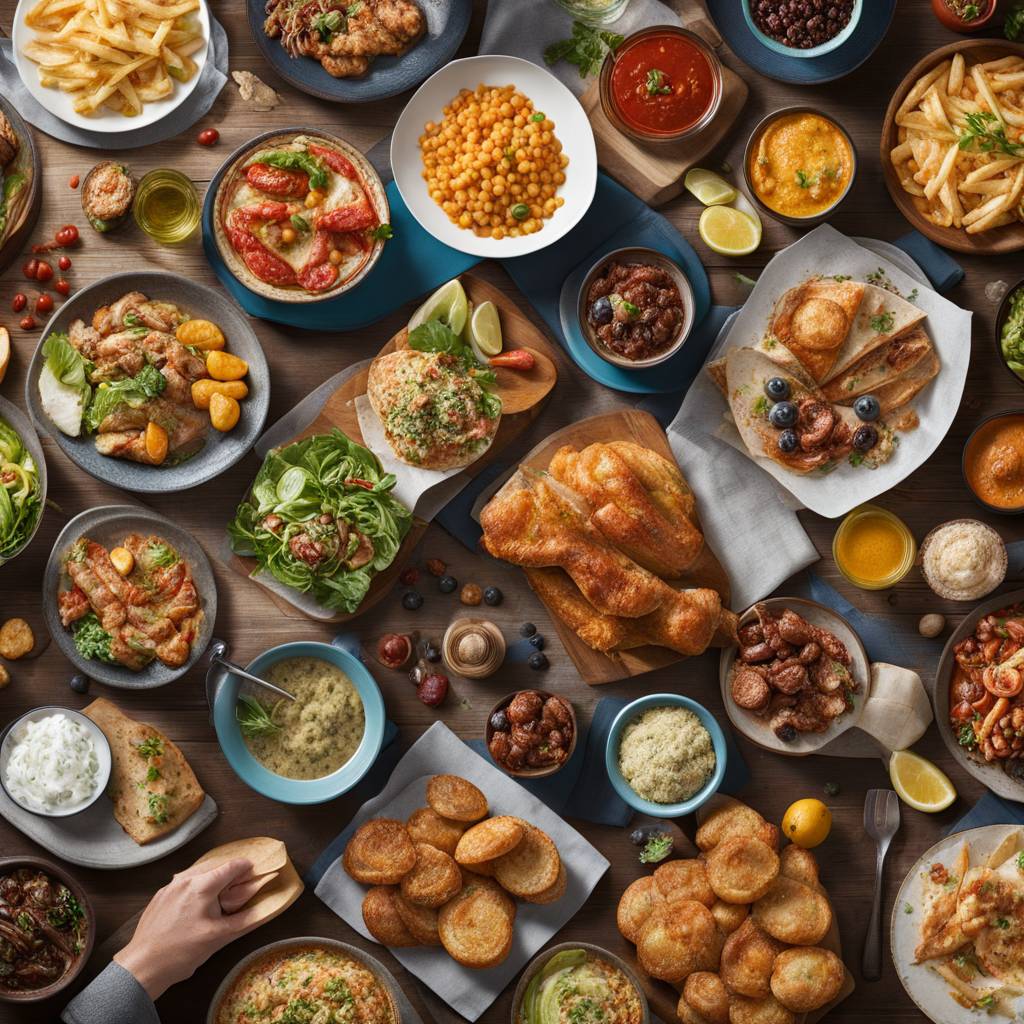British business groups are concerned about the impact of newly announced post-Brexit charges on plant and animal imports, which could lead to an increase in food prices. Starting from April 30, UK businesses will have to pay up to £145 per delivery of most animal products, plants, or plant products imported from the European Union through the Port of Dover and Eurotunnel. This will have a significant impact on food imports as these two locations handle the majority of UK food imports.
Importers will have to pay £29 per type of product, up to a maximum of £145 for a single delivery containing several different products. This could result in increased costs being passed onto consumers. Additionally, the charges may prevent food inflation from continuing to fall, as importers are likely to pass on the additional costs to consumers. Food inflation in the UK has been a concern, with the rate increasing to 19% in March 2023, the highest in 45 years. By February, it had eased to 5%, but the new charges could potentially reverse this trend.
The new charges have been criticized by trade groups, with concerns raised for small and medium-sized importers, retailers, cafes, and restaurants. There are worries that the charges will lead to higher prices for consumers at a time when efforts should be made to reduce business costs and food price inflation. Smaller European exporters may also be impacted, as British businesses may ask them to bear some of the extra costs. This could potentially lead to a decrease in the availability of smaller, specialist products in supermarkets.
The charges are intended to help the government cover the cost of operating post-Brexit border facilities and will coincide with the introduction of physical checks on many animal and plant products from the EU. However, trade groups have criticized the lack of time given to businesses to prepare for these changes. The announcement of the charges came at the “eleventh hour,” causing concerns for the competitiveness of UK horticulture and potential cost increases that could impact consumer choice and product availability in stores.
The government has stated that the new charges are at the lower end of the range discussed with UK businesses during a consultation period last summer. The £145 cap has been set to specifically help smaller businesses adapt to new border checks and maintain the smooth flow of imported goods. However, concerns remain about the impact on businesses, consumers, and the availability of certain products. It is essential for all stakeholders to work together to address these challenges and find solutions that ensure a sustainable and efficient supply chain for food imports post-Brexit.













